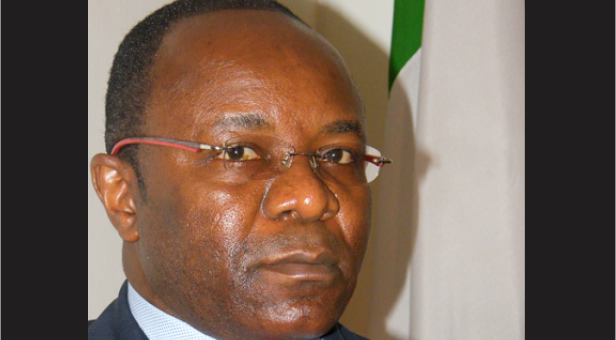The Group Managing Director, Nigerian National Petroleum Corporation, NNPC, Dr. Emmanuel Ibe Kachikwu, has revealed his intentions to bring back the auditors to do a forensic audit of the NNPC accounts with the sole aim of revisiting the issue of the missing $20 billion NNPC fund.
‘’We are bringing back the auditors to do a full audit of NNPC accounts. The last audit was done in 2010, so we will make the accounts up to date,” he said during an interaction with journalists in Lagos, yesterday.
It will be recalled that a former Central Bank of Nigeria, CBN Governor, Mallam Sanusi Lamido Sanusi had alleged that over $20 billion was not remitted into the National Treasury by the NNPC.
Recall that NEITI, the PRSTF and KPMG all questioned how Nigerian Petroleum Development Company, the producing arm of the NNPC split earnings with its partners, and how much revenues they keep back for themselves. Besides, most of the companies are incorporated in offshore banking secrecy jurisdictions; none of them publish annual accounts.
Furthermore, it has been noted that NNPC has not fully responded to Sanusi’s allegations in public, and the terms of reference, TOR, for the recent PricewaterHouseCoopers, PwC audit did not empower the auditors to probe the strategic alliance agreements, SAAs, the NPDC entered into with its partners between 2010 and 2012, in detail.
Promising to subject the NNPC accounts to another forensic audit,.Kachikwu said part of the ongoing reform of the NNPC is the right of the public to know. “There are no go areas” for as long as the Corporation remains a public establishment. I give weekly briefing to Mr. President because the Nigerian public has a right to know,” he said, adding that the first monthly publication of the Corporation since he took over will be out next week, and ‘’a whole lot of things will be revealed in it.’’
Kachikwu said his management has devised some strategies that will check the menace of pipeline vandalism.
These include redeploying all depots staff, constantly changing personnel at strategic units as well as encouraging the military to all also do same
He said: “One of the things this team has done is, we are posting out everybody who had worked traditionally in the depots, and we are going to try to change them literally, at least for those who are in the mechanics or fields as frequently as we can. We are also encouraging the Army to also change their personnel as frequently as they can.”
In addition to these, he said: “I have a lot of energy around this, we are looking at tracking devices, and we are looking at monitoring devices. We are holding a lot of screening right now. Even on drones and total pictures. Nigerians are very resilient because the moment they know where you’re headed, the amount of proposals I’m getting you’ll think I’m building drones in every backyard, and I’m quite impressed with that. But we really need to throw technology on them, but again we need to find out the cost of the technology.
“But we can’t do it alone with the Army; we have to realize that there are communities; we have to create incentives to the communities to own these pipelines and realize that it is important for them to be there. This comes down to the CSR, we mentioned before. What are the things that we can do to ensure that the people along the pipelines, who suffer from obvious exposures by virtue of their location in those areas see a sense of reward by virtue of being there?
“We are dealing with the Army, we’re dealing with the Nigerian Civil Defence Corps, and the local communities; it’s an integrated model. But in terms of them being located on the pipelines, no, we are going to have the Army located on the pipelines and the others will provide external support.”

